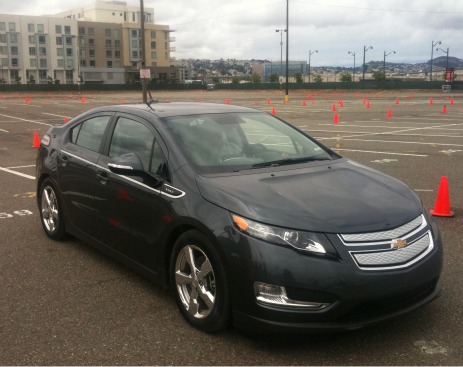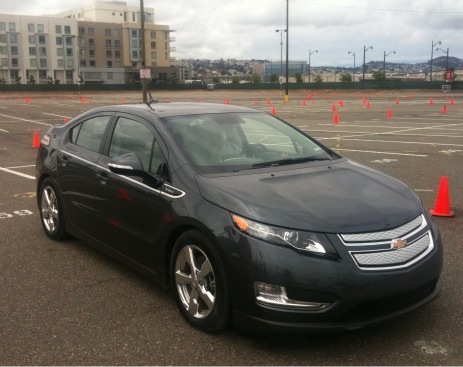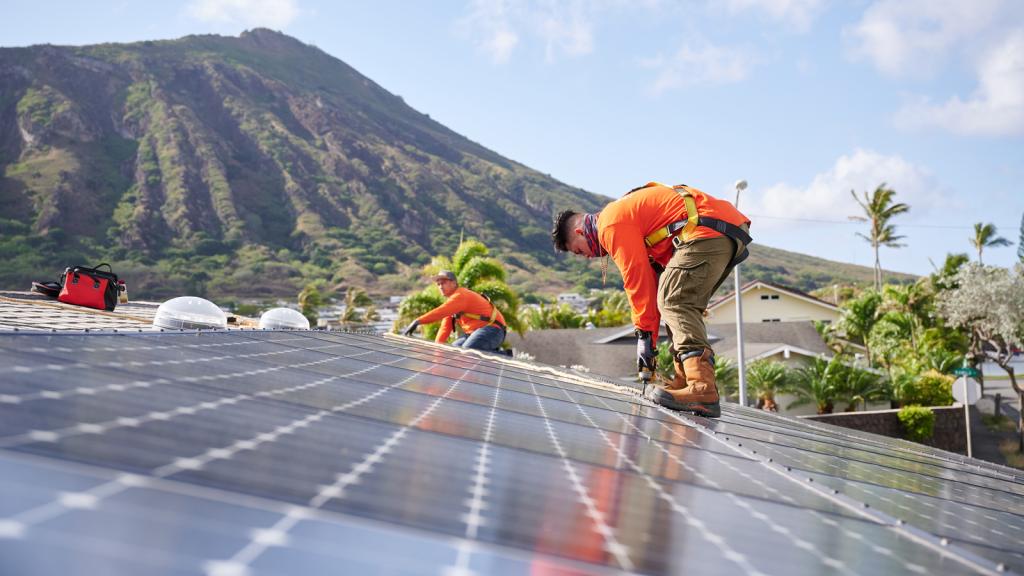 GE will buy 12,000 Chevy Volts.Photo: Todd WoodyWith the first mass-produced electric cars set to hit American streets next month, there’s been a lot of to-ing and fro-ing in the media about whether consumers will actually buy the vehicles once they’re in showrooms.
GE will buy 12,000 Chevy Volts.Photo: Todd WoodyWith the first mass-produced electric cars set to hit American streets next month, there’s been a lot of to-ing and fro-ing in the media about whether consumers will actually buy the vehicles once they’re in showrooms.
But as General Electric made clear this week, some big corporations are certainly in the market for battery-powered rides, and that alone could help spur the market.
GE announced that it would buy 25,000 electric cars between now and 2015, including 12,000 Chevrolet Volts. (Which will help General Motors pay back that taxpayer-financed bailout.)
Now, 25,000 cars might not sound like all that much. But it’s the largest corporate buy of electric vehicles to date. And if GE’s move inspires other multinationals to follow suit and electrify their fleets, the numbers could really start to add up. Just imagine if the Fortune 500 made a similar commitment — 12.5 million electric cars would be on the road in a few years.
(GE chief executive Jeff Immelt just needs to start bragging about how big his electric fleet is at cocktail parties; before you know it, the CEO next door will be putting in an even larger order for EVs.)
As Immelt has made clear on more than one occasion, this is all about business.
“We basically touch every part of the infrastructure,” he said in a video press release. “From the smart grid, to our WattStation, to electrical distribution products, to everywhere in between.
“We’ve always believed clean energy is about commercialization. It’s not a novelty,” Immelt continued. “Broad-based commitments and broad-based strategies are what’s going to make clean energy a reality.”
GE unveiled the WattStation, its electric charging station for the street and garage, this past summer, and in September inked a deal with Better Place to deploy the iPodish charger in the Silicon Valley startup’s electric infrastructure network.



